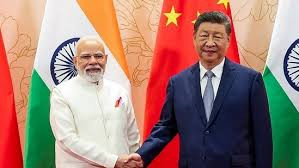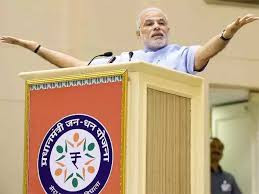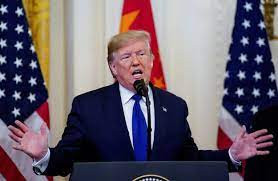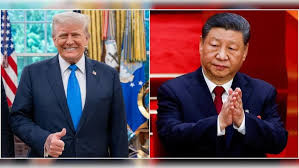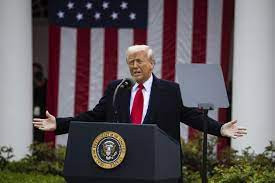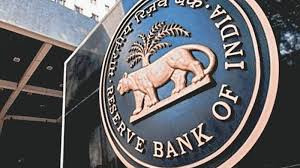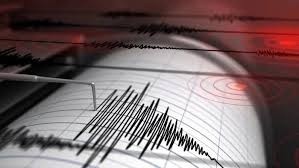“Strategic Misfire: Israel’s Deep Strikes on Iran May Undermine Long-Term Goals”
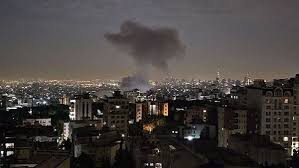
IIE DIGITAL DESK : The recent editorial in The Hindu starkly critiques Israel’s expansive military operations—both overt air strikes and covert Mossad drone missions—into Iran, cautioning that these actions risk strategic failure despite intense tactical success.
Dubbed "Operation Rising Lion," Israel’s campaign has been among the most aggressive moves yet in its long-running shadow war with Iran. Beginning in mid-June, the operation combined deep-penetration airstrikes with clandestine drone attacks targeting Iran’s nuclear facilities and missile infrastructure. Reports confirm that Mossad agents infiltrated Iranian territory, assembling covert drone bases that disabled surface-to-surface missile batteries ahead of the aerial bombardment .The overt strikes reportedly hit dozens of missile launchers and command installations, including parts of Iran’s deep-buried Fordow facility .
Despite the tactical robustness, experts question the strategic wisdom. As Toby Dodge of the LSE noted, Israel appears to be betting on military force—down to regime change in Tehran—as a political fix . analysts caution that Iran’s government and decentralized defense systems are unlikely to be dismantled by airpower alone. Historical precedent shows that even bunker-busting bombs may fail to neutralize deeply buried nuclear sites.
Israel’s ambitions seem to extend beyond halting Iranian nuclear progress—they hint at regime destabilisation. But experts warn such a strategy is impractical. Iran isn’t monolithic; its robust institutional structure has outlasted similarly targeted regimes. Regime change efforts could backfire, provoking strong internecine retaliation and intensifying Iran’s adversarial posture .
Achievement on the battlefield doesn’t guarantee strategic victory. Analysts like Andreas Krieg point out that this attack resembles a military blunder—effective in limited tactical terms, but likely to derail over time, especially without follow-up ground forces .The Israel–Hezbollah conflict serves as a cautionary tale—momentary tactical wins failed to achieve lasting strategic advantage .
Israeli calculations appear premised on U.S. intervention. Although Washington has capabilities that could augment Israel’s reach—like deep-penetrating bombs—the costs could be steep. American domestic sentiment remains wary of renewed Middle Eastern entanglements, and aggressive support could provoke direct Iranian hostilities toward U.S. bases or civilians .
Iran’s response—a barrage of over 200 ballistic missiles—underscored the potential for rapid conflict escalation. The region’s fragile stability, supply-chain vulnerability, and energy security have all been thrown into uncertainty . Global oil prices have reacted sharply to the threat of wider war over vital maritime chokepoints.
Given the uncertainties, experts suggest the only viable path forward lies in diplomacy—not force. Even U.S. President Trump reportedly favours giving nuclear negotiations more time over full-scale military escalation Should Iran’s leadership retreat from aggression, diplomacy could still limit regional damage. While the risk remains of empowering a hostile regime, the alternative—endless war—appears even more precarious .
-
Energy and economy: A prolonged conflict near the Strait of Hormuz raises real concerns about oil supply — India imports ~80% of its crude, so any instability hits consumers hard.
-
Geopolitical balancing: India’s strategic ties span both Israel and Iran. A chosen allegiance could constrain its flexibility in West Asia.
-
Regional mission: As global powers seek regional stability, India could step in as a mediator—provided diplomacy gets space amid military brinkmanship
The Hindu warns that while Israel’s air and hybrid warfare has shocked the world, without accompanying political clarity or sustained diplomatic effort, it risks being a strategic misfire. Tactical gains may come at the cost of long-term instability—and may entrench the very threats they aim to dismantle.
You might also like!


